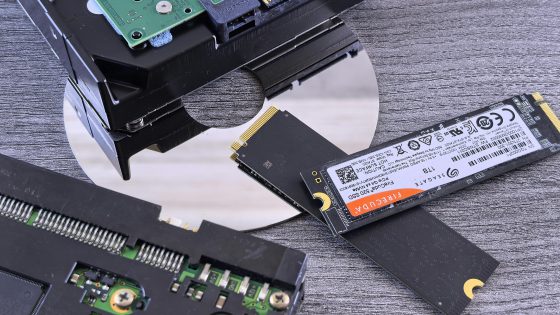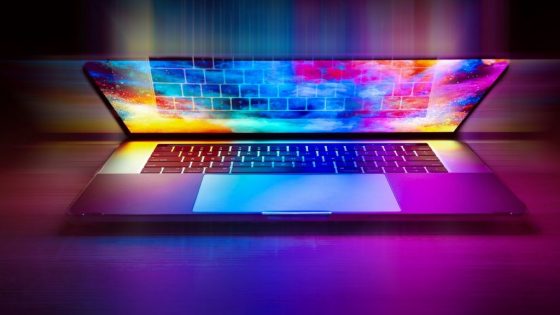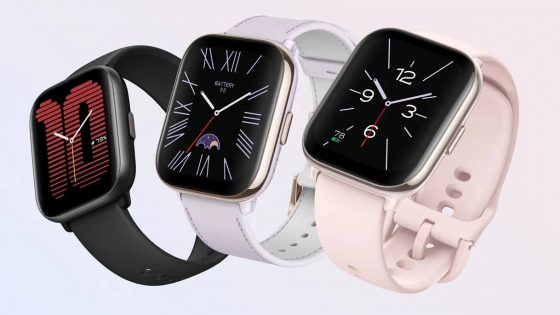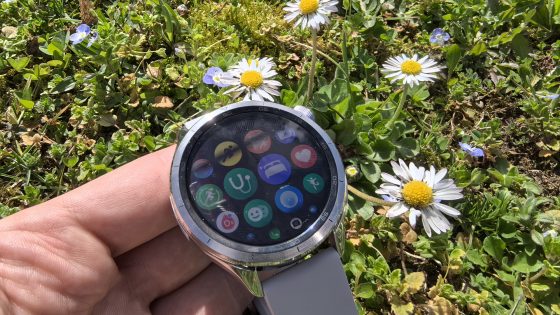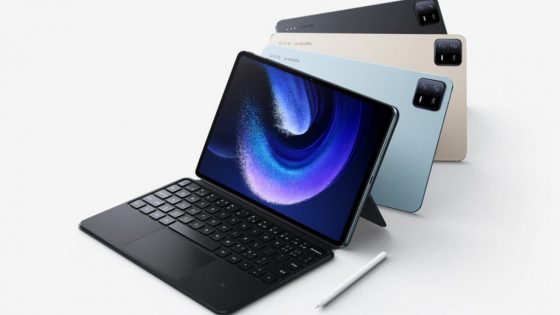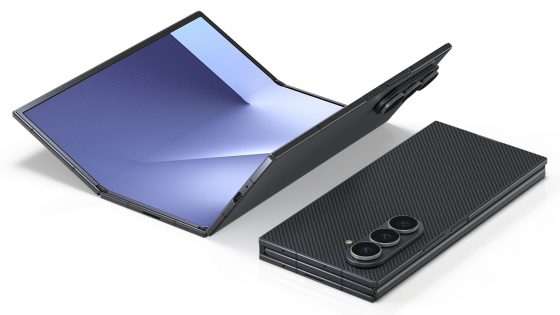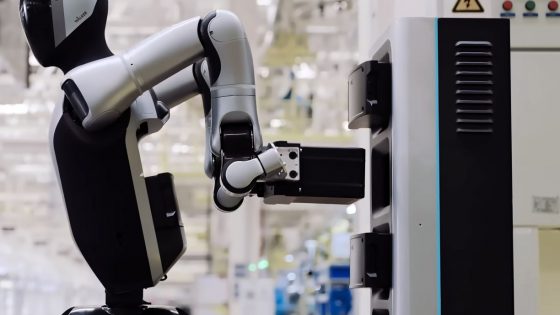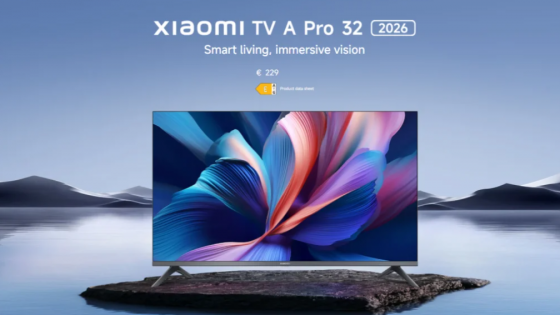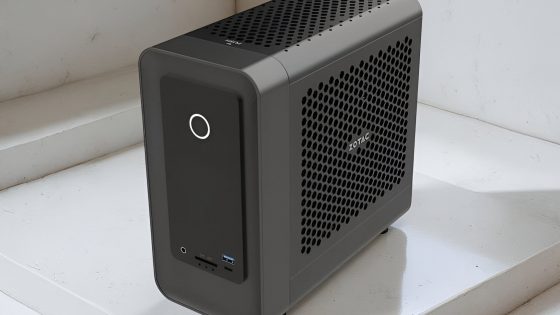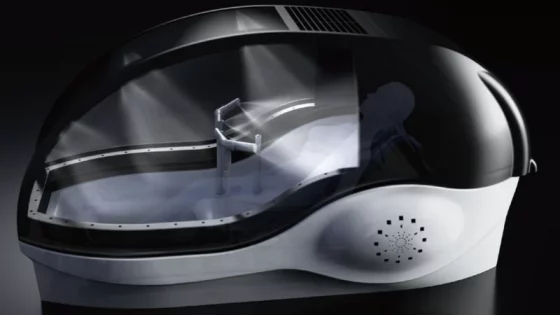Apple won't start producing its own 5G modems for quite some time
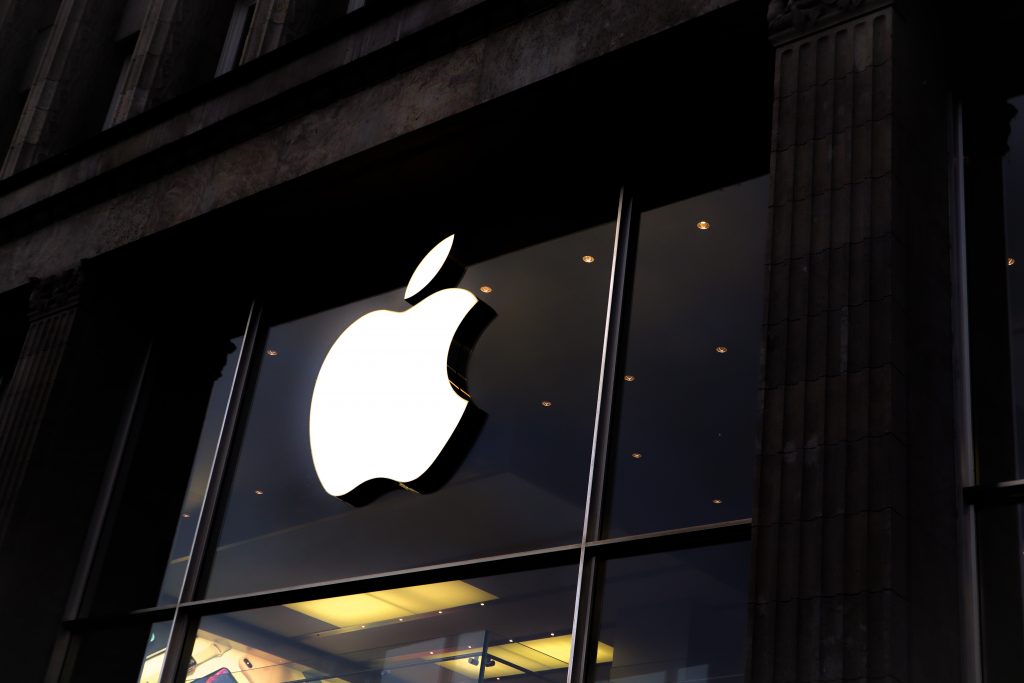
This is a sign that next year's iPhone 16 will definitely not include any proprietary 5G components made for Apple devices.
5G modem chips are key components that allow devices to make calls and connect to the Internet. Apple has been trying to develop its own 5G modem chips for some time in order to reduce dependence on (expensive) third-party manufacturers like Qualcomm and optimize the connectivity of future iPhones. However, new a Wall Street Journal report (WSJ) reveals the company's failure to do so in the time frame they originally set.
Apple's previous deal with Qualcomm ended this year, and the semiconductor company predicted that Apple would use its own modems for iPhones from 2024 onwards. However, the WSJ is now reporting that Apple doesn't expect to produce usable 5G chips for the iPhone until the end of 2025, suggesting we could be waiting until the iPhone 18 for a phone with Apple's modem.
So why such a long delay? From everything we know so far, it appears that Apple vastly underestimated the complexity of the task before it. Even the mass recruitment strategy did not accelerate the development process of the modem in the way that the company initially imagined.
Apple bought Intel's entire modem division for $1 billion in 2020, but the Cupertino giant reported that "using the power of thousands of engineers—a strategy that has been successful in designing the computing core of its smartphones and laptops—wasn't enough to quickly produced better modem chips.”
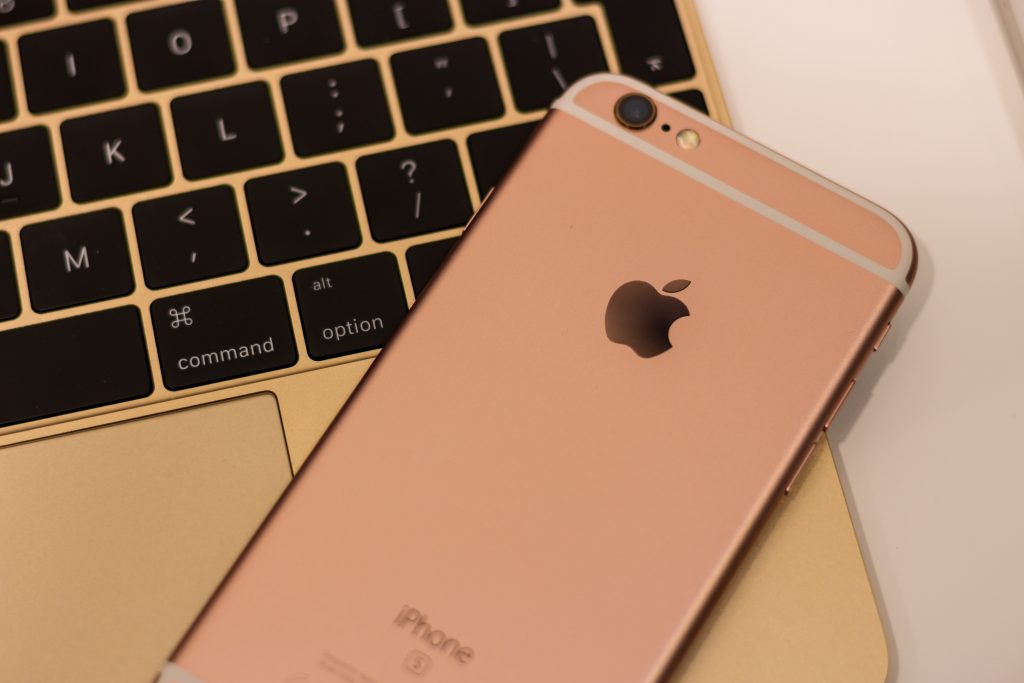
Modem chips require more complex processes than processing chips because they must work with 5G, 4G, 3G and 2G wireless networks (since not every country has access to the same network standard). By comparison, the microprocessors used in iPhones run software designed specifically for Apple products, making their job much simpler.
The WSJ notes that Apple's top strategic decision-makers, who had no experience with wireless chips, set (too) short deadlines that were unrealistic. So a lot of time was wasted certifying what ended up being useless prototype versions of the chips.
"The delays show that Apple didn't anticipate the complexity of the task," Serge Willenegger, a former Qualcomm executive who left the company in 2018, told the WSJ. "Mobile connectivity is a completely different beast." Despite the setback, Apple remains committed to in order to consolidate more and more of its production processes under one roof.
In 2010, for example, Apple stopped using Samsung processors to power its latest iPhones. The iPhone 4 was the first to use a custom-made Apple chip and the MacBook Air (M1, 2020) was the first Apple laptop to launch without Intel hardware.
In order to reduce its reliance on display manufacturers such as Samsung and LG, Apple has also announced plans to start using its own displays in its new mobile devices from 2024 onwards.
If anyone can succeed in realizing everything they set out to do, then Apple can succeed, which has already proven in the past that it has enough resources and know-how to transition to independent component production. However, 5G modems seem to be their toughest nut yet.





